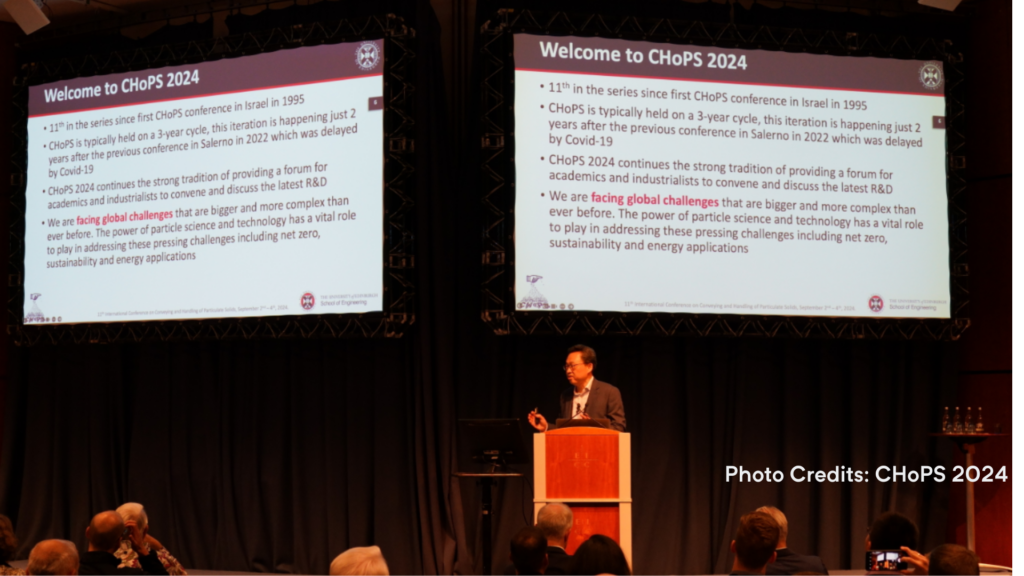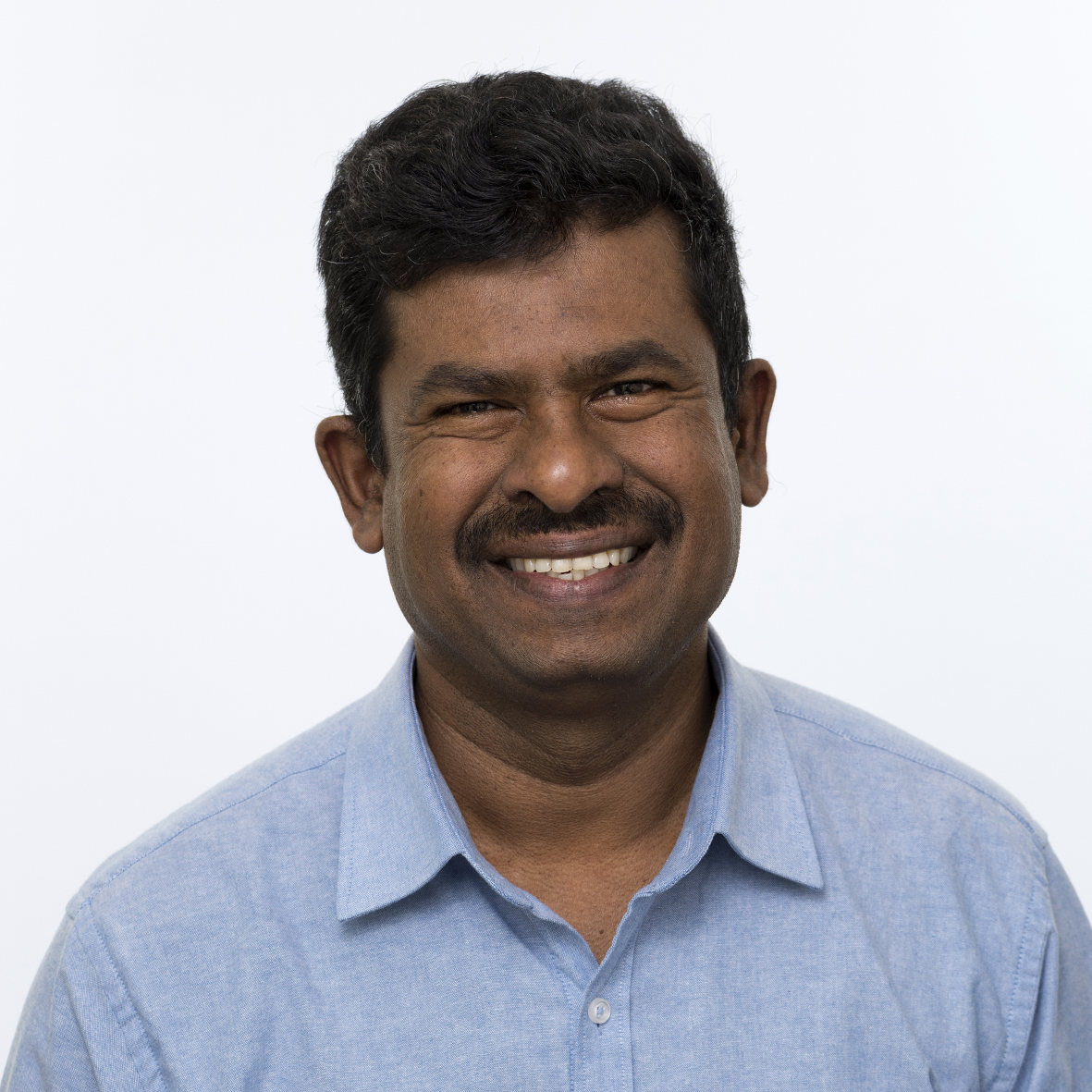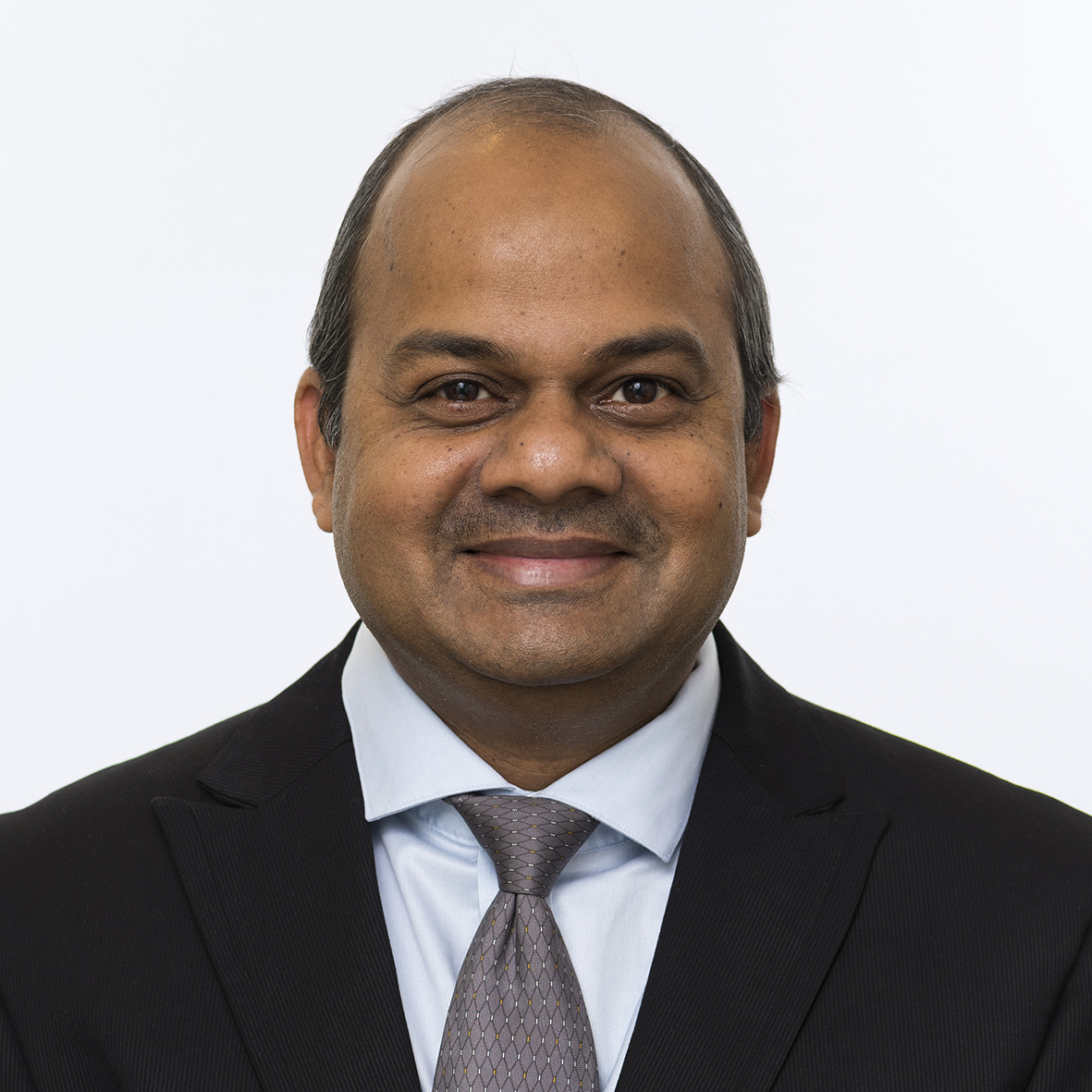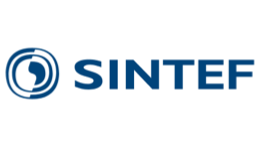SINTEF ReSoURCE Team in CHoPS 2024: Advancing Recycling Efficiency in the Handling of Fine Particles

The International Conference on Conveying and Handling of Particulate Solids (CHoPS) is widely regarded as one of the premier international forums for professionals in academia and industry to exchange ideas, share knowledge, and collaborate on innovations in the field of particulate solids handling and processing. CHoPS brings together experts who focus on the efficient handling of powders and particulate materials, fostering collaboration and sparking breakthroughs that advance industrial processes worldwide.
This year, as the 11th edition of the CHoPS series, CHoPS 2024 took place at the Edinburgh International Conference Centre (EICC), from September 2nd to 4th, 2024, hosted by the University of Edinburgh in collaboration with an international organizing committee of industry leaders and experts. Over the course of three days, the event continued the success of previous years, offering an excellent platform for researchers and professionals to present innovative discoveries, discuss the latest industry challenges, and develop global partnerships.
The SINTEF research team, representing the ReSoURCE project produced an abstract, titled ‘Enhancing Recycling Efficiency of Residual Refractory Materials: Experimental Methods and Fine Particle Classification Techniques,’ which was selected for a full oral presentation. The presentation addressed the challenges of recycling residual refractory materials, particularly the finer particles (less than 5mm), which present unique difficulties for both environmental and industrial health due to their small size and potential to release dust.
Recycling efficiency is critical to the successful implementation of circular economy principles. However, the behavior of fine particles during recycling processes poses a significant barrier to fully utilizing reclaimed materials as secondary raw materials. This challenge is particularly pronounced in the refractory industry, where fine residues are often difficult to separate and reuse.
In their presentation, the SINTEF team emphasized the need to enhance fine particle classification methods to overcome this limitation. The talk focused on experimental approaches that highlighted innovative air-assisted classification techniques, including crossflow air classifiers and multi-chamber fluidized bed classifiers. These methods, which utilize differences in particle size and density, have shown promising results in enhancing material recovery efficiency.
The methodologies discussed in the presentation showcased the potential of direct sorting techniques to increase material recovery rates, significantly contributing to sustainable industrial practices. The audience responded enthusiastically to the team’s findings, recognizing their applicability not only to the recycling of refractory materials but also to other industries facing similar challenges with fine particle processing.
The presentation sparked a dynamic follow-up discussion on how the techniques developed within the ReSoURCE project could be adapted across multiple sectors, such as construction, mineral processing, and other industrial fields. This exchange of ideas underscored the value of multidisciplinary collaboration in developing solutions that can have broad applications, advancing the vision of a circular economy and sustainable resource management.

Authors Portraits
Chandana Ratnayake
Dr. Chandana Ratnayake is working as a Chief Scientist in SINTEF, Norway. He possesses a PhD in Process Technology, specialising in Powder & Particulate Technology from Norwegian University of Science and Technology (NTNU), Norway. He is an expert on Powders and Bulk Material Technology- storage, transport, processing, and characterisation of particulate materials; system design, optimisation and troubleshooting with more 15 years of experience. Chandana has been working in many research, innovation, and development projects, funded by Norwegian Research Council, EU and direct industrial contributions. He has published his R&D contributions in many international refereed journals, conferences, and seminars. He is the Norwegian representative of the Working Party on Mechanics of Particulate Solids in EFCE (European Federation of Chemical Engineering). Chandana also works as a Professor II (Adjunct Professor) in the University of South-Eastern Norway (USN).

Akhilesh Kumar Srivastava
Dr. Akhilesh Kumar Srivastava is a Senior Scientist at SINTEF (Norway). Currently, his activities are mainly focussed on digital transformation of process industries and digitalized manufacturing. He is the project manager of two European Union Horizon 2020 projects, COGNITWIN and DIY4U. Prior to joining SINTEF, he worked at Miljøbil Grenland (Norway) and Risø DTU National Laboratory for Sustainable Energy (Denmark). He also served Visiting Scientist positions at ERI@N (Singapore) and Elettra Sincrotrone Trieste (Italy). Akhilesh received his M.Tech. from IIT Bombay (India) and Ph.D. from NTU (Singapore). He also attended Executive Education program at MIT Sloan School of Management (USA).
Partner
